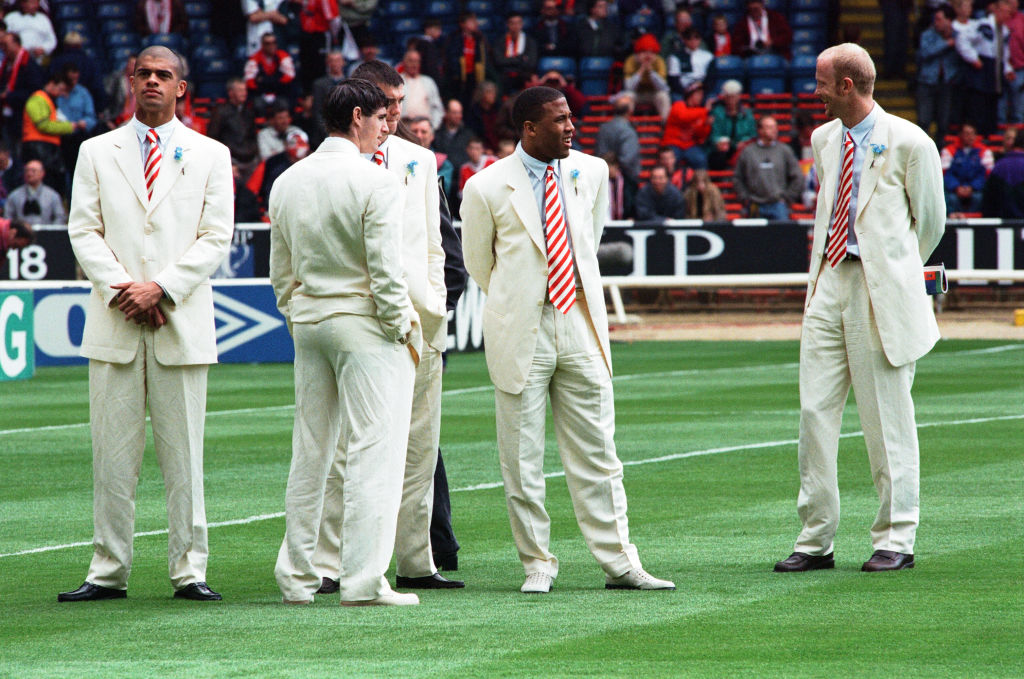Reliving the '90s: The Decade That Reshaped Football
The Dawn of Modern Football: A New Era Begins
The 1990s are often remembered as a revolutionary period in football history. This was a time when the English Premier League was born, effectively changing how the sport was consumed globally. The rebranding of what was once the European Cup into the Champions League drew more viewers and investments. Football became not only a game but a lucrative entertainment business.

Transforming Players into Icons
According to a former Liverpool star, "The ’90s is when football changed – overnight, we went from people who play football to superstars. I didn’t like being called the Spice Boys, though." The era saw football players transforming into household names, with sponsorships, advertisements, and media appearances becoming a significant part of a player's career. This shift had both advantages and disadvantages.
"Football is freedom, a whole universe." – Bob Marley.
Liverpool at the Forefront
Liverpool was central to this cultural shift, embodying the glamour and newfound celebrity attached to footballers. The "Spice Boys" label may not have been welcomed by all team members, but it underscored how deeply entwined pop culture and football had become. These players were a reflection of a changing sport that was increasingly global.
Commercialization and Global Reach
The 1990s saw the advent of massive TV deals and corporate sponsorships that drove the commercialization of the sport. Clubs began investing more in talent and infrastructure to increase their global appeal. Shirts bearing famous brands and logos became standard, sparking debates about the pure essence of football being diluted.
- Premier League's lucrative broadcasting rights
- Transformation of the Champions League
- Emergence of football-themed advertising
Players' Lives Off the Pitch
The pressure of being in the spotlight began to take its toll on players as well. The scrutiny by the media and public was relentless, leading to personal challenges and intense scrutiny of players' private lives. This era set the precedent for how modern players are viewed and critiqued today.
Legacy and Continuing Impact
The changes that began in the 1990s have left an indelible mark on football. With bigger budgets, more prominent stars, and a worldwide audience, football today is a global spectacle. Despite controversies around commercialization, football retains its magic and universal appeal, integral to its transformation three decades ago.
Explore products related to football memorabilia from that era on Amazon.
For a deeper dive into football's transformation and its socio-cultural implications, seek out more scholarly resources or follow well-known sports analysts on social media for ongoing discussions. Visit BBC Sport for regular updates and analyses.
